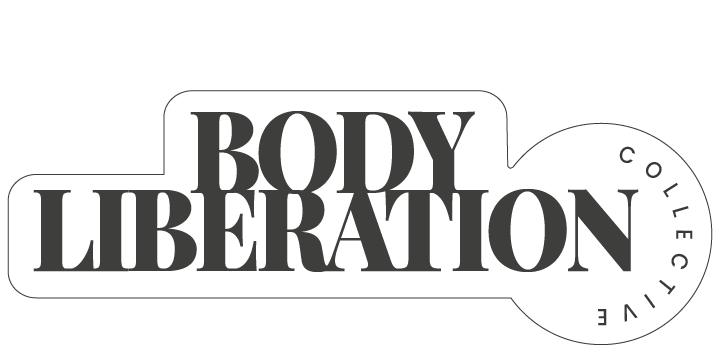A Guide to Choosing an Eating Disorder Therapist
We know that finding the right eating disorder therapist can feel overwhelming. Knowing what to look for and what questions to ask can help you find support that feels safe, affirming, and effective.
Training and Specialization
Eating disorders are complex conditions that require specific training. Look for a therapist who specializes in treating eating disorders and understands the different ways they can show up (anorexia, bulimia, binge eating disorder, ARFID, orthorexia, OSFED, or other forms of disordered eating). It can help to ask:
What training have you had in eating disorder treatment?
How long have you been working with clients who struggle with eating disorders?
What approaches or modalities do you use?
A Trauma-Informed Approach
Many people with eating disorders have experienced trauma, whether it’s a single event or long-term experiences such as relational trauma, medical trauma, or systemic oppression. A trauma-informed therapist will recognize how your history shapes your present and will work with you in a way that prioritizes safety, choice, and trust.
Weight-Inclusive and Anti-Diet Values
If you’ve felt pressure to shrink your body or have been judged by healthcare providers because of your size, working with someone who is Health at Every Size (HAES) aligned and weight-inclusive is vital. This means they will never recommend weight loss as a treatment and will honor your body’s natural size.
Comfort with Your Identities
Your therapist should affirm your gender identity, sexual orientation, race, ethnicity, and all aspects of who you are. LGBTQ+ affirming, fat-positive, and culturally sensitive care helps ensure therapy is a place where you can bring your whole self without fear of judgment.
A Collaborative Relationship
Therapy works best when it’s not something done to you, but something you do together. The right therapist will invite your input, encourage open dialogue, and adapt the process to fit your needs and values.
Finding an eating disorder therapist isn’t just about credentials—it’s about connection, shared values, and a therapeutic environment where you feel safe enough to be vulnerable. When those pieces are in place, recovery becomes less about fighting yourself and more about reconnecting with who you are.
Frequently Asked Questions
Q: How do I know if a therapist is right for me?
A: Many therapists offer a free consultation. Use this time to ask about their experience, approach, and values. Pay attention to how you feel talking to them—comfort and trust matter.
Q: Should my eating disorder therapist be trauma-informed?
A: Yes. Many people with eating disorders have experienced trauma, and a trauma-informed therapist can help address root causes as well as current symptoms.
Q: What does “HAES-aligned” mean?
A: Health at Every Size is an approach that rejects weight loss as a health goal, respects body diversity, and focuses on health-promoting behaviors without weight stigma.
Q: Can therapy help if I’m not ready to give up all my eating disorder behaviors?
A: Absolutely. Therapy meets you where you are and can help you explore your relationship with those behaviors while building tools for change at your own pace.
